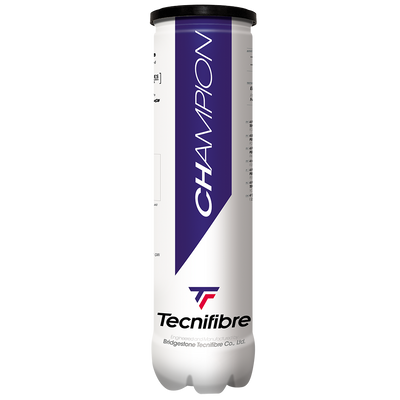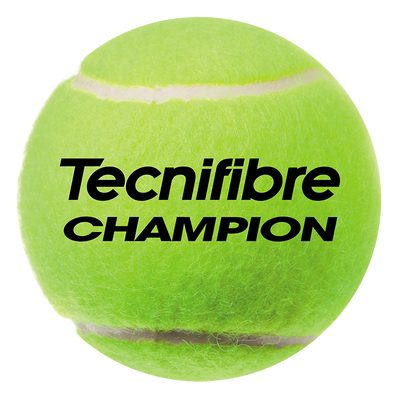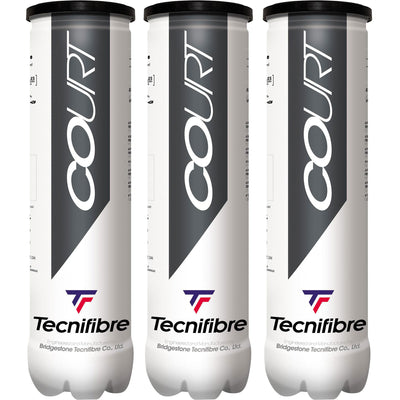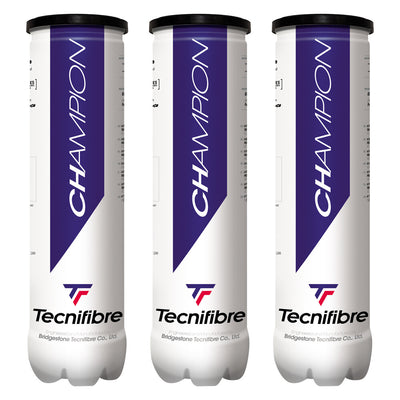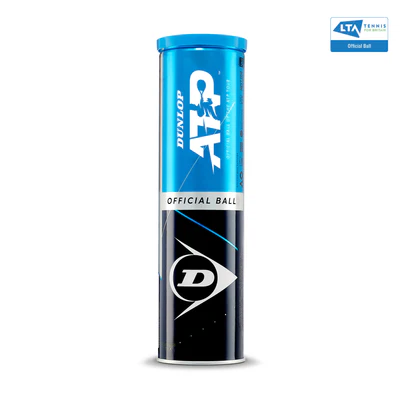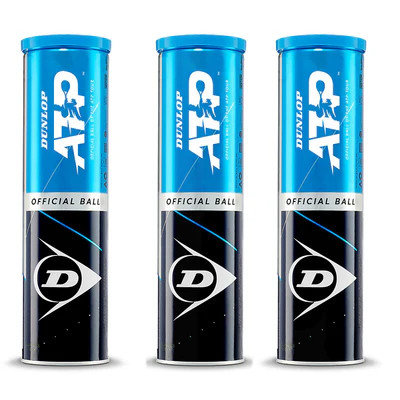Tennis Balls
Bounce after bounce, you'll need a good supply of balls to power your tennis training and matchplay. Traditional yellow tennis balls are just one option. We have balls for every surface, including famous Wimbledon championship tennis balls.






